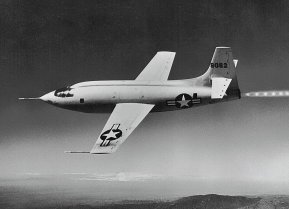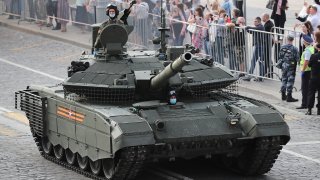Video: U.S. Made Bradley Fighting Vehicle Helped Destroy T-90M Proryv Tank in Ukraine
The Ukrainian Ministry of Defense has shared a video showing the destruction of one of the Russian military's most advanced tanks, the T-90M "Proryv." The Russian main battle tank (MBT) was targeted by two U.S.-supplied M2 Bradley infantry vehicles (IFVs), while a kamikaze drone then struck the disabled T-90.
U.S. Made Bradley Fighting Vehicles Take Out T-90M Russian Tank in Ukraine - The Ukrainian Ministry of Defense has shared a video showing the destruction of one of the Russian military's most advanced tanks, the T-90M "Proryv." The Russian main battle tank (MBT) was targeted by two U.S.-supplied M2 Bradley infantry vehicles (IFVs), while a kamikaze drone then struck the disabled T-90.
"The Ukrainian Bradley IFV damaged the no-analogue russian T-90M 'Breakthrough' in a close fight. Then an FPV drone finished this long-suffering tank. Maybe, the T-90M tanks should be renamed into 'Broken'," @DefenceU caption the nearly minute and a half long clip, which was shared on X, the social media platform formerly known as Twitter.
The brief engagement, which occurred last Thursday, involved Ukraine's 47th Mechanized Brigade near the village of Stepove north of Avdiivka, in the Donetsk oblast where Russia launched an offensive in October.
The United States supplied more than 100 Bradley IFVs as part of a military package for Ukraine announced early last year by the Biden administration.
Bradley Fighting Vehicles: Mobile Tank Killers
Each Bradley is typically operated by a crew of three including a commander, gunner, and driver – while the IFV can carry six soldiers. The platform weighs around 28 tons, has a range of approximately 482 km (300 miles), and is armed with a 25mm chain gun, as well as two TOW (Tube-launched, Optically tracked, Wire-guided) missiles that can pierce tank armor.
Though not originally designed as "tank killers," around 2,200 Bradley vehicles were deployed to Iraq during Operation Desert Storm, and only three were lost to enemy fire. The M2 Bradley IFVs actually outperformed the M1 Abrams tank and destroyed more Iraqi armored vehicles.
Despite its success, the United States Army has sought to replace the Bradley following experiences in the Iraq War following Operational Iraqi Freedom. The vehicles proved to be vulnerable to improvised explosive device (IED) and rocket-propelled grenade (RPG) attacks and in 2007, the Army stopped using the Bradley in combat in favor of the MRAPs.
The Bradley is still considered to be an ideal platform for the war in Eastern Ukraine. Though it had been used successfully against Iraqi tanks in the desert, it was in fact, developed for use against Soviet tanks in Europe. In that respect, it will now go up against the very vehicles it was designed to fight.
It is speedier and has a longer range than main battle tanks (MBTs), and can help mechanized infantry exploit a breakthrough in enemy lines.
"It's an armored capability that can transport mechanized infantry into battle in support of both offensive and defensive operations, providing a level of firepower and armor that will bring advantages on the battlefield as Ukraine continues to defend their homeland," Brig. Gen. Patrick S. Ryder, Department of Defense (DoD) press secretary, told reporters last January.
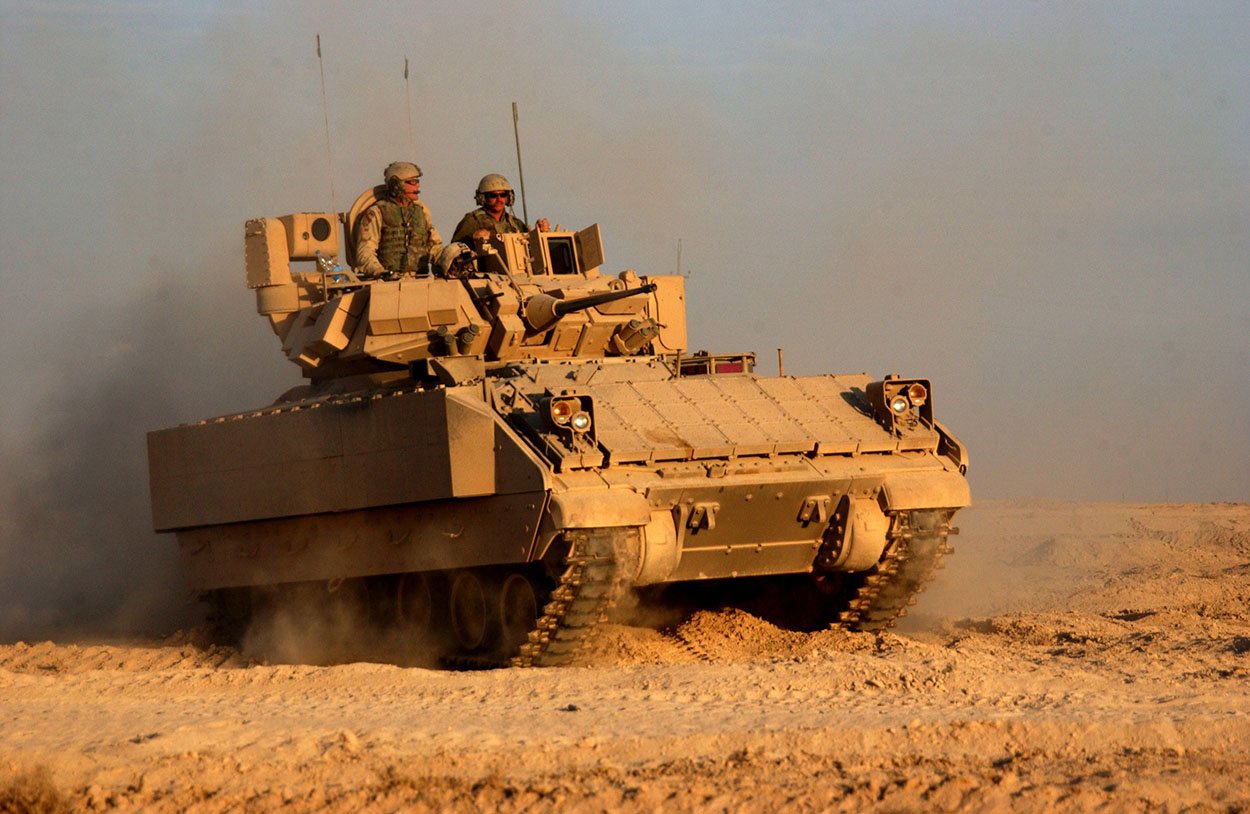
The Not So Mighty T-90M Tank
The T-90M "Proryv-3" is an upgraded version of Russia's most-employed MBT – the T-72, which has led the fighting in Ukraine. The T-90M is equipped with enhanced protective capabilities that include the "Shtora" (curtain), an electrical jammer fitted to MBTs that deploys smoke grenades when the tank is being targeted by a missile to make it harder to hit, as well as infrared lights designed to 'dazzle' the guidance system of incoming rockets.
In addition, the T-90s have also been fitted with reactive armor tiles that are similar to Russia's other tanks – and which are designed to explode when struck, and can further throw incoming projectiles off target. The advanced MBTs also feature composite armor that was designed to be tougher than its predecessors and are equipped with an improved engine that provides it better maneuverability, especially over rugged ground.
The Proryv variant is armed with a 125mm 2A46M-4 smoothbore gun that is capable of firing standard ammunition as well as anti-tank guided missiles (ATGM) Refleks NATO Code AT-11 Sniper-B rounds. Secondary armament includes a remotely operated weapon station armed with an NSVT 12.7mm heavy machine gun and a 7.62mm PTKM coaxial machine gun.
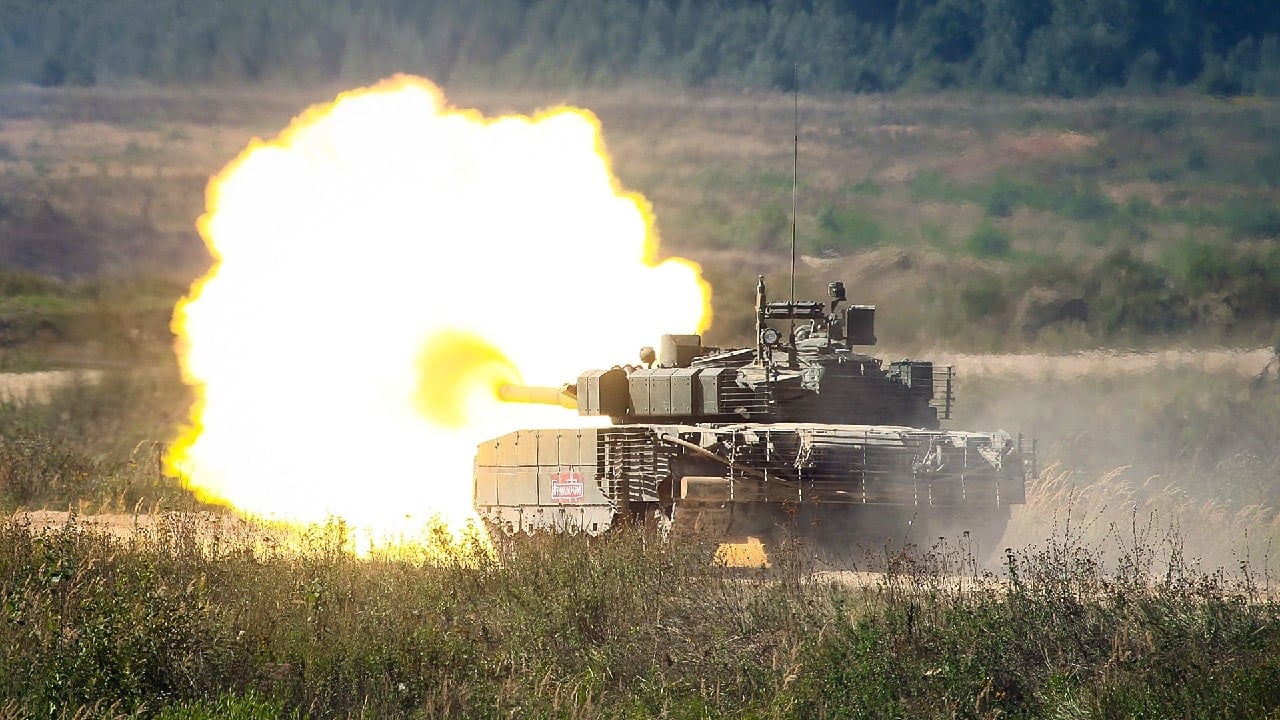
The configuration of the Proryv is similar to the previous T-90 models, with a driver compartment at the front, a turret at the center of the hull, and a power plant located at the rear. It is propelled by a 1000mm 12-cylinder engine, allowing it to reach speeds of 60 kilometers per hour on roads and 50 off-road.
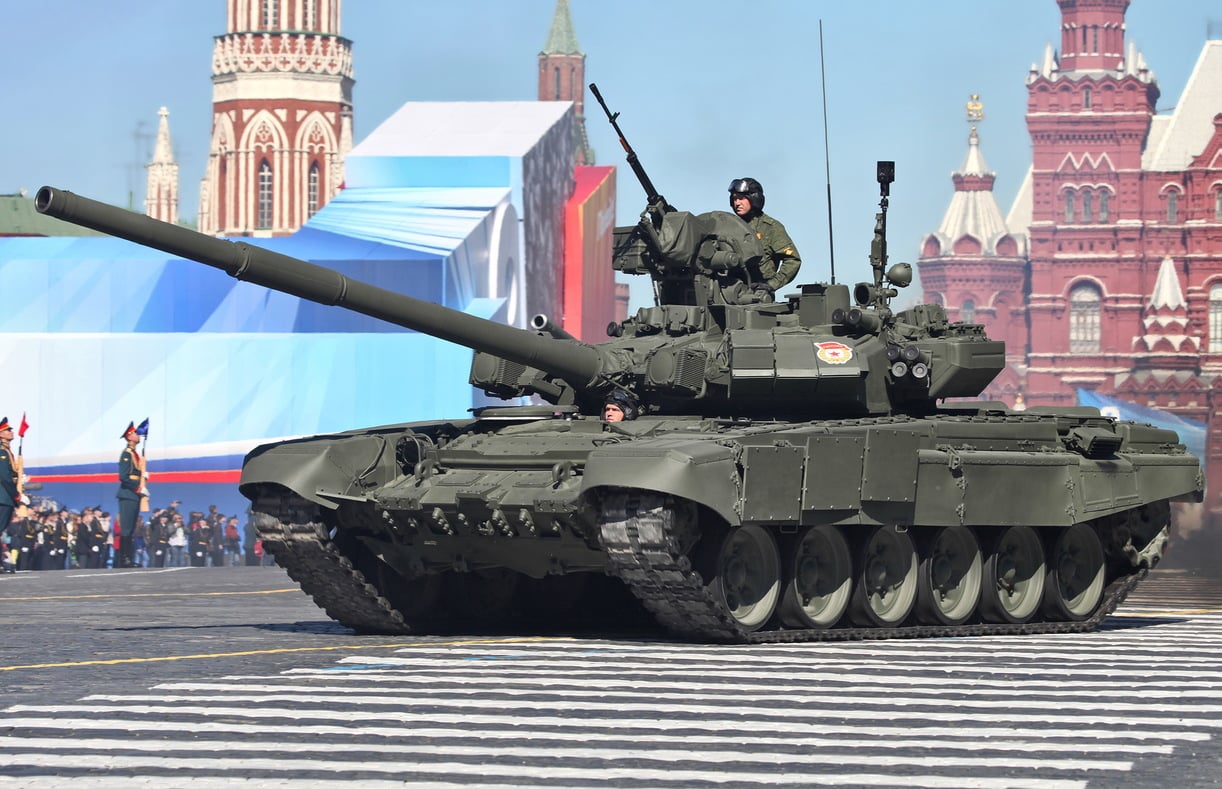
The T-90M was first tested during the Zapad-2017 military exercise in September 2017. An unknown number of T-90s have been sent to Ukraine. According to Dutch open-source intelligence outlet, Oryx, 50 T-90Ms were destroyed in action as of last November.

Author Experience and Expertise: Peter Suciu
Peter Suciu is a Michigan-based writer. He has contributed to more than four dozen magazines, newspapers, and websites with over 3,200 published pieces over a twenty-year career in journalism. He regularly writes about military hardware, firearms history, cybersecurity, politics, and international affairs. Peter is also a Contributing Writer for Forbes and Clearance Jobs. You can follow him on Twitter: @PeterSuciu. You can email the author: [email protected].
All images are Creative Commons.
